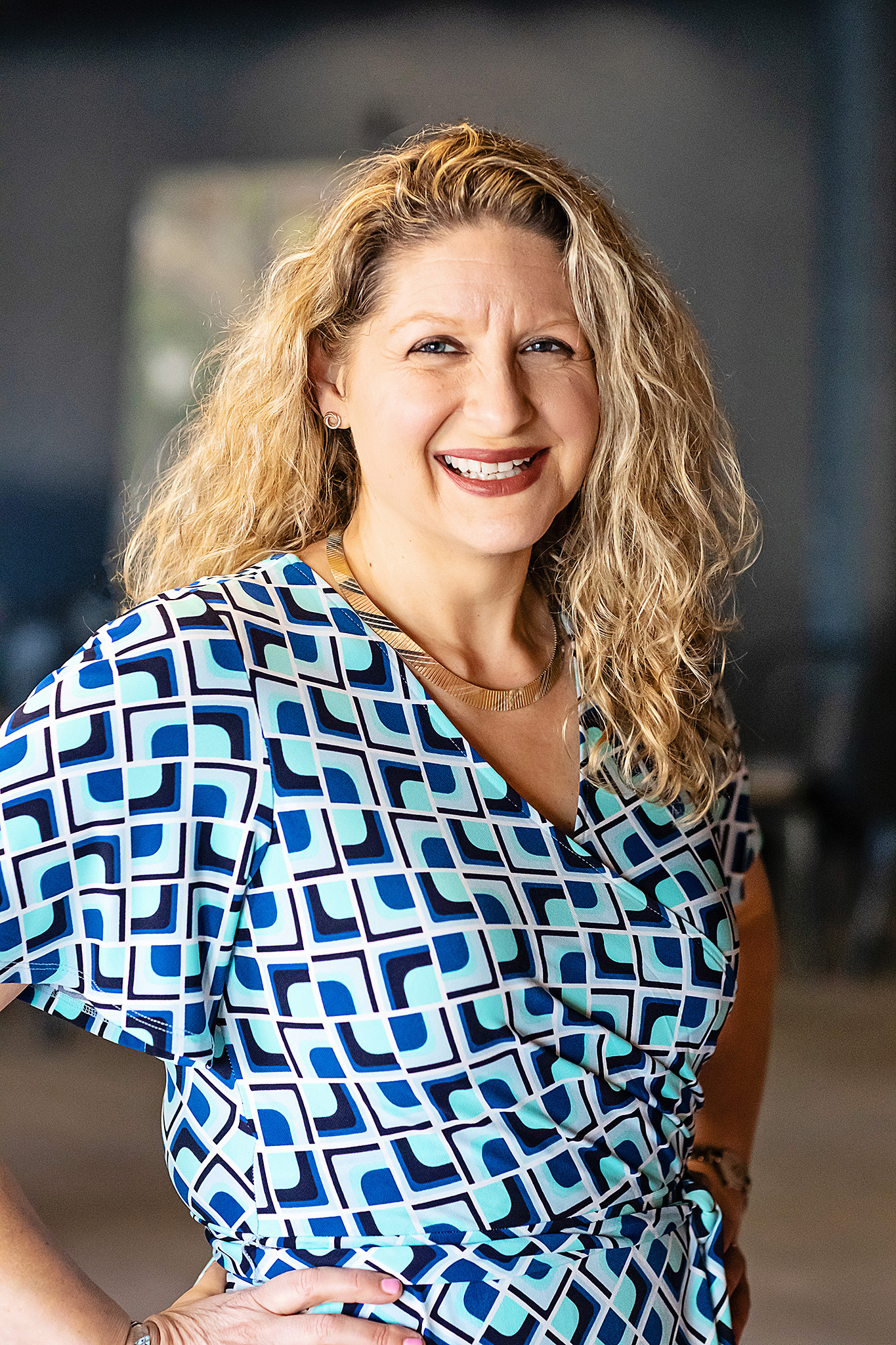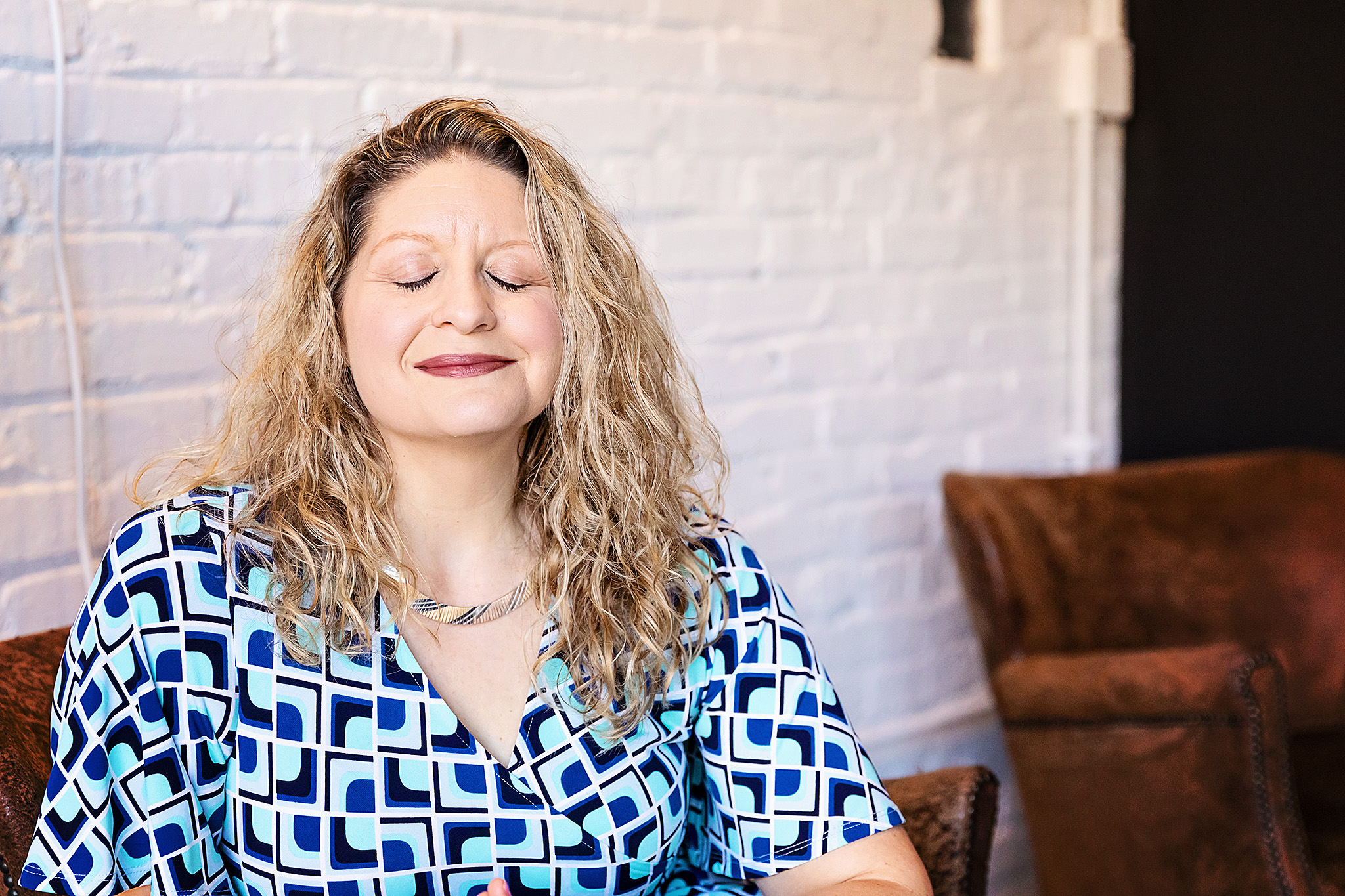COVID19 has currently changed our way of life and brought about a new level of uncertainty for us all.
Unfortunately, this uncertainty is a natural breeding ground for anxiety for most people. Humans just don’t like uncertainty. We like to compartmentalize, label and put things in boxes. We like answers. Add on top of that fears of contamination, economic distress, loss of normal socialization and activities and you can get a lot of anxious and even depressed people.
But there are solutions. Here are some things that you can do to help you manage and reduce your anxiety during uncertain times.
- Get out in the fresh air every day. Being in nature helps to relieve stress. Take some time to look at the blank sky and take deep breaths.
- Exercise. Exercise has been demonstrated to reduce anxiety and depression. High intensity exercise 3-4 times a week can be as effective as psychotropic medication. Any regular exercise will help. Pick something you enjoy.
- Practice deep breathing exercises. There are many videos on YouTube to assist if desired. My personal favorite is alternate nostril breath which relaxes the body and the nervous system.
- Practice grounding. Grounding is a strategy that gets you out of your head and into your body. You can do this by focusing on the sensation of your feet on the floor, putting your hands or feet on the earth or practicing the 5-4-3-2-1 technique. To practice the 5-4-3-2-1 technique, look around the room and say out loud (if you can) 5 things you can see, 4 things you can touch, 3 things you can hear, 2 things you can smell and 1 thing you can taste. Another spin on this is to look around the room and label items by color and object such as pink water bottle, teal journal, brown lamp. This interrupts your mind from fretting and brings you back into the present.
- Listen to guided meditations or yoga nidra (a type of guided meditation that creates a very deep level of relaxation, also good for insomnia or pain). There are many free guided meditations on YouTube and apps such as Insight Timer, Calm or Headspace.
- Watch your diet. Certain foods can increase feelings of anxiety such as too much caffeine or sugar.
- Be social with the people you are quarantined with, but also make phone calls, send texts and video chat with the people you love. Have virtual coffee or tea with others. This is a great time to reconnect with old relationships.
- Be of service to others. Focusing on others takes the focus off your own worries and gives you a hit of dopamine rewarding your behavior and helping you feel good.
- Write a gratitude list every day and feel it in your heart. Gratitude is a very powerful strategy for alleviating anxiety and depression, but it needs to come from your heart not just your head. You want to feel it as you write it. This is not the time for lipservice, but a time to feel your deep gratitude for what is right in your life, no matter how small that might be. By doing this practice every day your brain will keep looking for things to be grateful for all day long so that you can write them down the next time you make your list.
- Laugh. Do whatever it takes to laugh. Watch funny movies, tell jokes, watch silly videos on Facebook or social media. Laughter is a release of stress and releases feel good chemicals in the body. This happens even if you force a laugh. If you force a laugh it tends to turn into continued laughter and you get the same health benefits and stress relief.
This is just a sample of the many tools available for managing stress and anxiety during these uncertain times. There are many more possibilities. If you are a corporate leader or elite athlete who needs additional support during this time, please reach out to me. If you are someone struggling with anxiety and need a therapist, go to the Psychology Today website and use their therapist finder to find someone in your area. Most therapists have transitioned to teletherapy during this time and are happy to serve you from the comfort of your home until their offices reopen.
If you found this information helpful, please let me know in the comments below or feel free to DM me. I wish you all peace and happiness. I know from the bottom of my heart that good things are on the other side of this and even right now.
Be Well,
Dr. Donna


